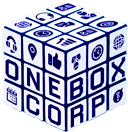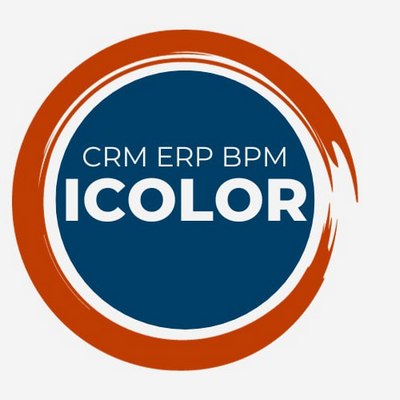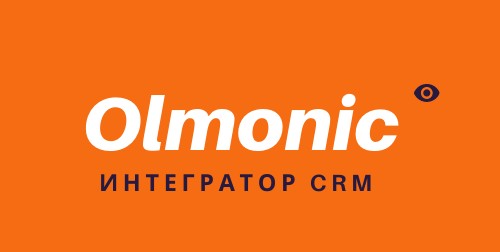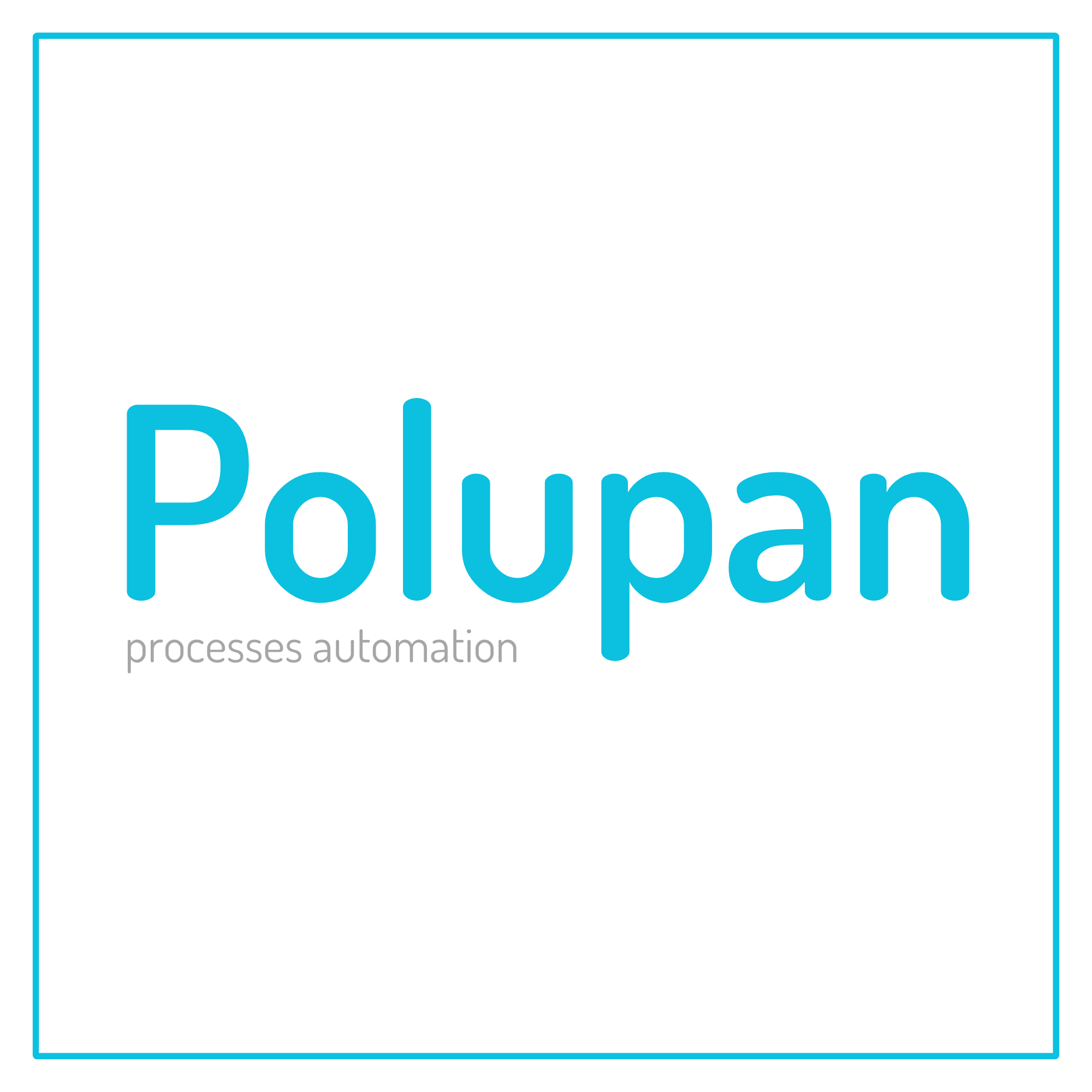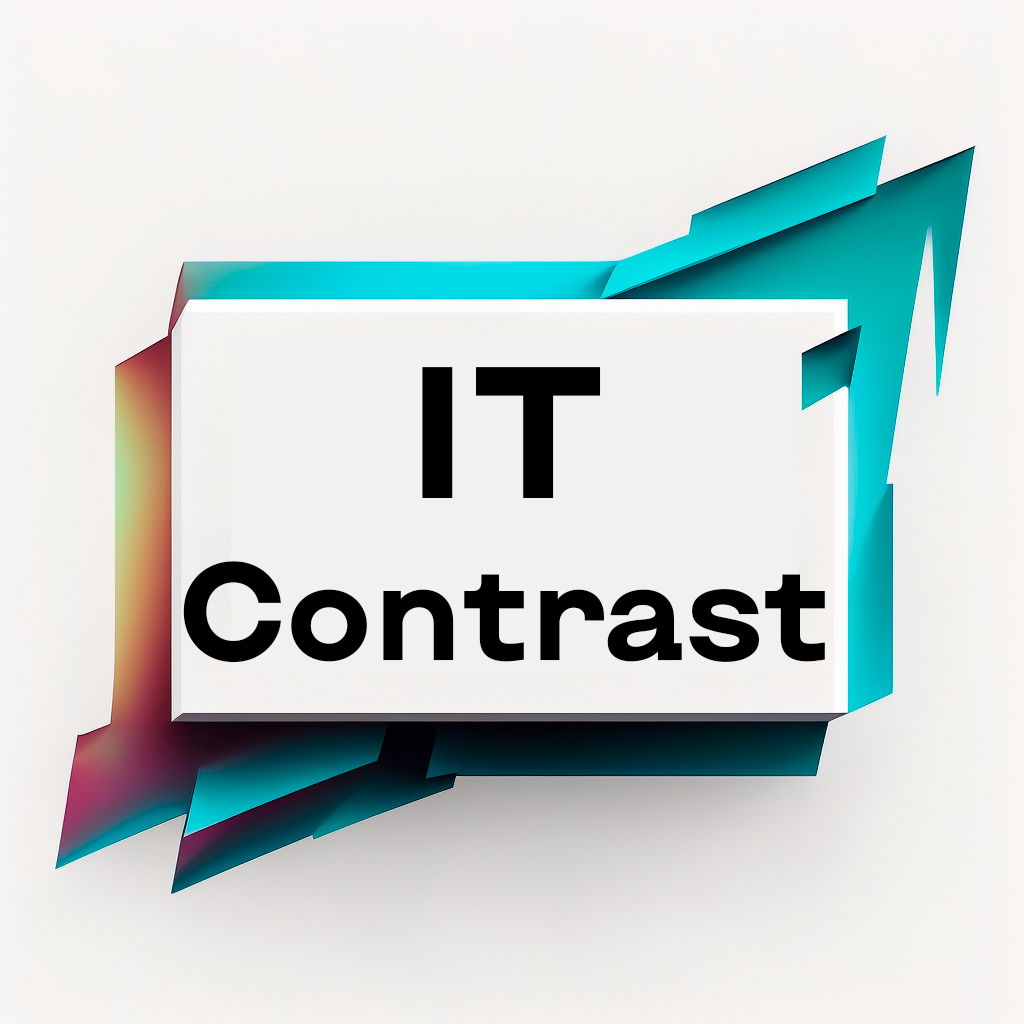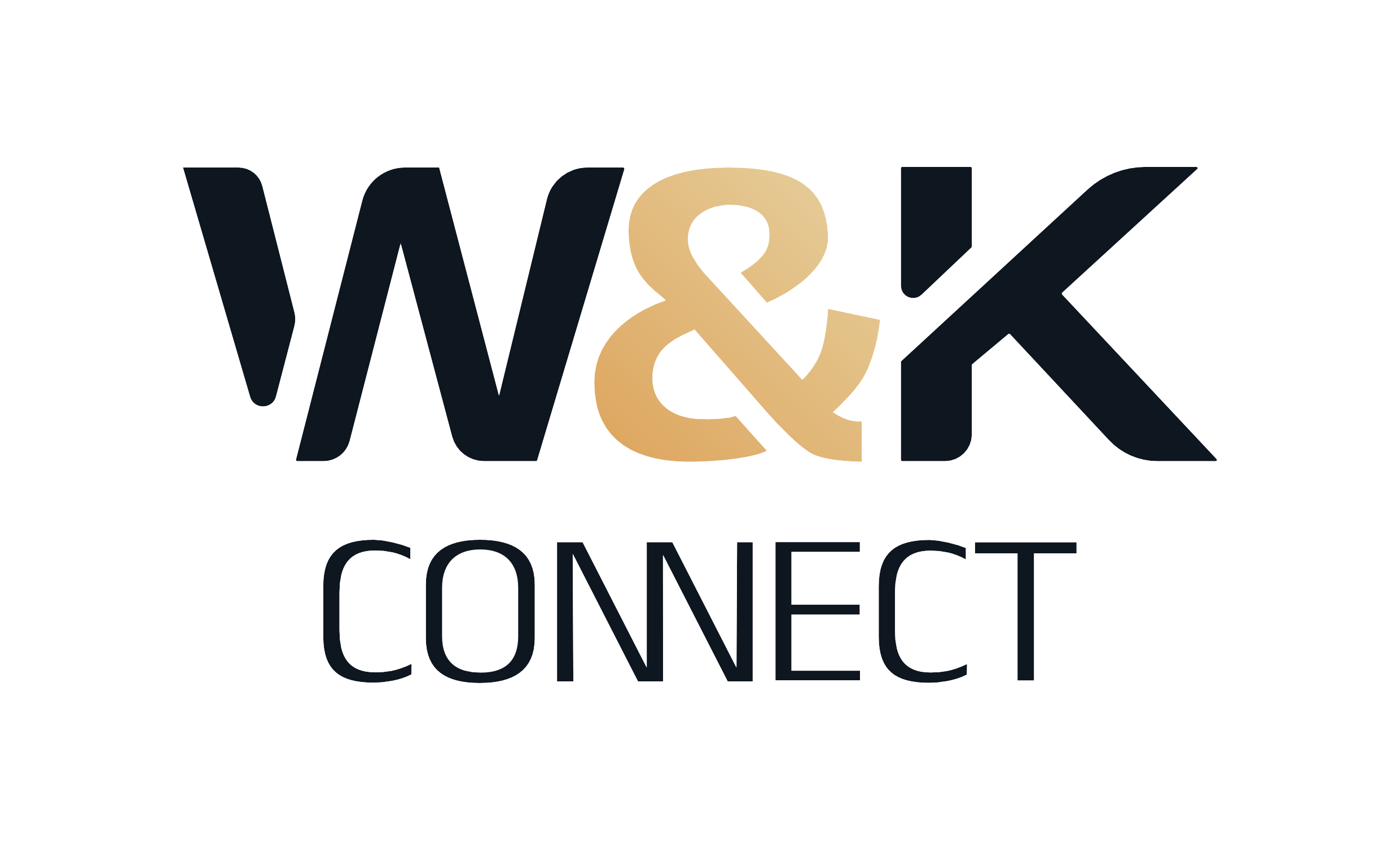ERP for the food industry
ERP, or Enterprise Resource Planning, is a software system that automates and streamlines business processes across various departments, including finance, manufacturing, and supply chain management. In the food industry, an ERP system can help companies manage inventory, track production processes, and ensure compliance with regulations. It also provides real-time visibility into business performance, helping managers make data-driven decisions. With an ERP solution in place, food companies can improve efficiency, reduce costs, and better serve customers.
An ERP system for the food industry can provide a wide range of capabilities, including:
- Inventory management: Allows companies to track and manage inventory levels in real-time, ensuring that products are always in stock and readily available to customers.
- Production management: Allows companies to track the production process from raw materials to finished goods, ensuring that quality control standards are met and that products are produced on schedule.
- Compliance: Helps companies to comply with food safety regulations and industry standards, such as HACCP, FDA and other regulatory requirements.
- Supply chain management: Allows companies to manage suppliers, track orders and deliveries, and optimize logistics to reduce costs and improve delivery times.
- Financial management: Integrates financial data across all departments, providing real-time visibility into business performance and helping managers make informed decisions.
- Sales and customer management: Allows companies to manage customer relationships, track sales, and analyze customer data to identify trends and opportunities.
- Reporting and analytics: Provides detailed reports and analytics on all aspects of business performance, including inventory, production, sales, and financials, enabling managers to track progress, identify areas for improvement, and make data-driven decisions.
- Traceability: Allows companies to track the entire lifecycle of a product, including where it came from, where it was processed, and where it was shipped.
- Mobile integration: Allows workers to access the system via mobile devices, which enables them to access real-time information and perform tasks while on the go.
Overall, ERP for food industry can help companies to streamline operations, improve efficiency, and increase profitability.
Pricing ERP for ERP for the food industry #
Discussions ERP for ERP for the food industry #
Ask questions, discuss any question or idea about" ERP for ERP for the food industry" our forum
Features ERP for ERP for the food industry #
Integrators ERP for ERP for the food industry #
This is a list of our partners who have experience or industry solutions in the area "ERP for ERP for the food industry". They can build a custom CRM or ERP system for you on the OneBox platform.






















